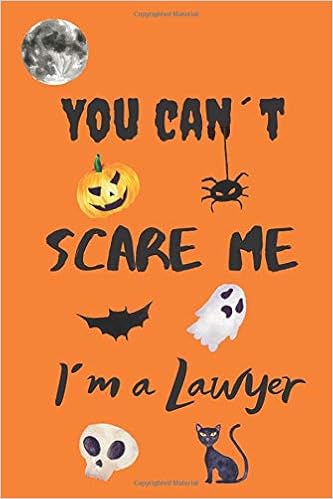Plaintiffs' underlying action seeks to recover consequential and punitive money damages for defendants' alleged negligent and intentional refusal to allow infant plaintiff Clarice Jacobson entry to defendants' 1995 Halloween party. Additionally, by this order to show cause, plaintiffs seek a permanent injunction compelling defendants to allow plaintiffs, specifically the infant plaintiff, to attend future school events, most notably the 1996 I. U. Willets Road School Halloween party.
As neither party addresses the issue of whether the underlying action in fact seeks mandamus relief pursuant to CPLR article 78 for which more stringent procedural and substantive standards would apply, neither will this court. Applying the traditional tripartite test for preliminary injunctive relief, i.e., likelihood of success on the merits, irreparable injury and a balancing of the equities (Aetna Ins. Co. v Capasso, 75 N.Y.2d 860), plaintiffs have failed to demonstrate their entitlement to injunctive relief.
For purposes of this motion, it is uncontroverted that infant plaintiff Clarice Jacobson lives within the East Williston Union Free School District but attends Friends Academy, a private school. Plaintiffs, relying upon Education Law § 414, claim that Clarice Jacobson may not be excluded from the upcoming 1996 I. U. Willets Road School Halloween party hosted by that school's principal Michael Gordon and members of his teaching staff.
Plaintiffs' reliance on Education Law § 414 and the circumstances herein alleged fail to establish the requisite likelihood of success prong of the traditional tripartite test for issuance of the preliminary injunction.
Education Law § 414 (1) provides for the adoption of reasonable regulations for the use of school property when not in use for school purposes or at times not disruptive of normal school operations. For purposes of this application, this court will accept, arguendo, that a Halloween party falls within one or more of the listed purposes of Education Law § 414 (1) (a) (instructional), (c) (social, civic and recreational meetings and entertainments) or (h) (athletic contests).
Subdivision (2) provides, in relevant part, that any such use, pursuant to paragraphs (a), (c), and (h), shall not allow the 95*95 exclusion of any district child solely because the child is not attending a district school or not attending the district school which is sponsoring such use or on which grounds the use is to occur.
While inartfully drawn, Education Law § 414 (1) provides for the establishment of regulations for use of school property for nonschool purposes. The statute is applicable when the school is either not in use for school purposes or when the school is in use for school purposes but its use for any of the categorized purposes will not be disruptive of normal school operations (see, Trietley v Board of Educ., 65 AD2d 1, 5). It does not, however, govern use of school property for school uses.
That the 1996 I. U. Willets Road School Halloween party may fall within one or more of the statutorily listed categories of Education Law § 414 for which school property may be used, does not preclude such a gathering from being held exclusively as a school function or program limited to students of the District, or more restrictively, limited to students of a particular school within the District.
Plaintiffs do not seek to hold their own Halloween gathering as a nondisruptive use of the school's normal operation pursuant to Education Law § 414 but seek entry into the school program itself.
The East Williston School District is the sponsoring entity of this 1996 Halloween party; and, there is no claim that this is not an appropriate school function or program, especially since it is designed among other things to provide a safe environment for students on Halloween night.[*] Hence, school property is in use for a school purpose during this planned school function or program.
This court declines to adopt plaintiffs' interpretation of Education Law § 414 which interpretation would effectively vitiate the ability of school districts to close school functions and programs, including not only school dances but also events such as auditorium presentations, science and book fairs, field day competitions and the like, to nonstudents. This is clearly not the intent of Education Law § 414.
In keeping with the "long-standing deference afforded local school boards to exercise ultimate authority for access to students, school buildings and school property generally" (Lloyd v Grella, 83 N.Y.2d 537, 547), this court finds that 96*96 plaintiffs have failed to demonstrate a likelihood of success on the merits. The motion is accordingly denied.
Having failed in this initial test of the strength of plaintiffs' claim, this court will not permit this litigation to languish.
[*] Indeed, this appears to be one of the motivating forces behind plaintiffs' desire to have infant plaintiff attend."








No comments:
Post a Comment
Note: Only a member of this blog may post a comment.